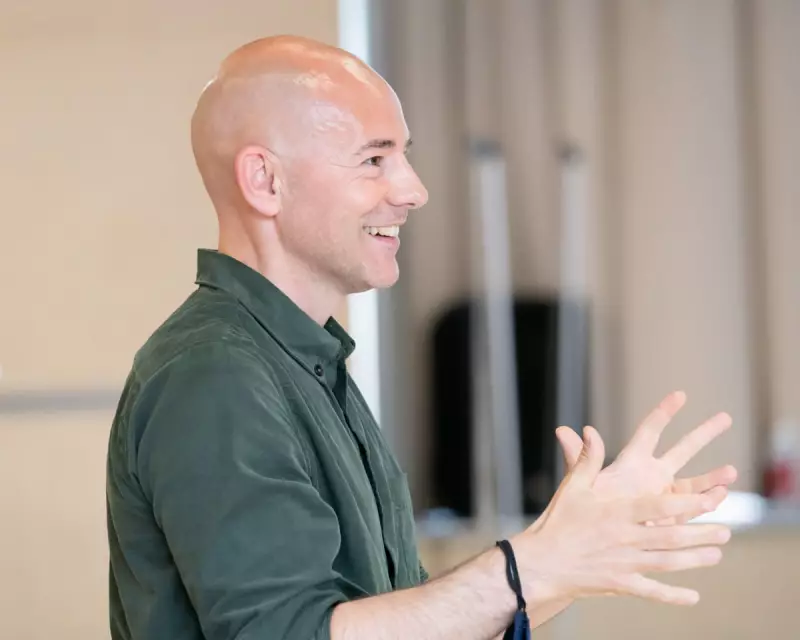
The Royal Shakespeare Company has issued a stark warning about a generation of actors whose training was disrupted by pandemic lockdowns, revealing they're entering the profession with significantly underdeveloped vocal abilities.
The Silent Crisis in Theatre
According to the RSC's leadership, actors who completed their drama school education during the COVID-19 crisis are demonstrating noticeable deficiencies in both vocal power and emotional range. The shift to online learning and social distancing requirements during critical training periods has created what some are calling a "lost generation" of performers.
What's Missing from Pandemic-Era Training?
The company has identified several key areas where pandemic-trained actors are struggling:
- Vocal projection for large theatre spaces
- Physical presence and stage command
- Emotional resonance in performance
- Breath control and vocal stamina
"You can't learn to fill a 1,000-seat theatre while speaking into a laptop in your bedroom," one RSC source noted bluntly.
Industry-Wide Implications
This revelation has sent shockwaves through the British theatre community, with concerns extending beyond Shakespearean productions to affect the entire performing arts sector. Theatres nationwide may need to invest in additional vocal coaching and extended rehearsal periods to bridge this training gap.
The situation highlights the hidden long-term consequences of pandemic disruptions on professional development in the arts. While many industries adapted to remote working, the practical, physical nature of actor training proved particularly vulnerable to lockdown restrictions.
Looking Forward: Solutions and Support
The RSC is now working with drama schools and industry bodies to develop catch-up programmes and additional support for affected actors. However, experts warn that rebuilding these fundamental skills may take years of focused work.
As theatres continue their post-pandemic recovery, this vocal deficiency presents yet another challenge for an industry already grappling with funding cuts and changing audience habits.





